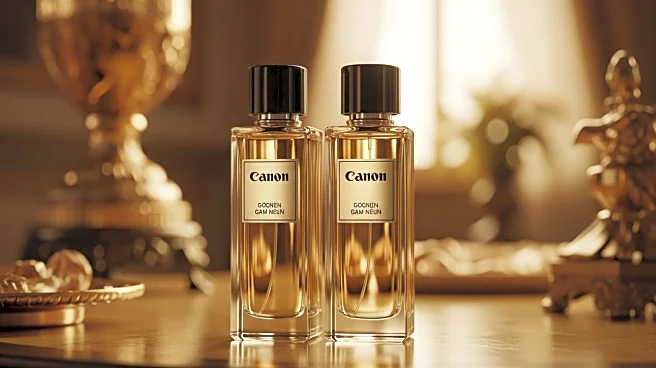What is the story about?
What's Happening?
Heritage luxury brands such as Armani, Gucci, and Balenciaga are redefining masculinity by embracing gender-fluid designs. This shift is not only a cultural revolution but also a strategic move to capture the growing market of Gen Z and Millennials who prioritize inclusivity and self-expression. Armani, under new leadership, is expanding into fragrance, hospitality, and sustainability, balancing tradition with innovation. Gucci and Balenciaga are leading the charge with unisex collections, appealing to a new generation of consumers.
Why It's Important?
The move towards gender-fluid fashion represents a significant shift in the luxury market, driven by changing consumer preferences. Brands that adapt to these trends are outperforming others, as seen in Kering's stock performance. This trend is fueled by inclusivity and digital-first strategies, which are crucial for long-term growth. Investors are advised to focus on heritage brands that offer cultural capital and financial resilience, while also considering emerging labels that could disrupt the market.
What's Next?
Heritage brands are expected to continue leveraging gender-fluid designs to maintain their market position. However, they must navigate challenges such as brand dilution and the need for digitalization. Emerging labels like Telfar Clemens and Harris Reed may disrupt the market, but their scalability remains untested. Investors should monitor these developments closely to make informed decisions.
Beyond the Headlines
The embrace of gender fluidity by luxury brands could lead to broader cultural shifts, challenging traditional gender norms and promoting inclusivity. This trend may also influence other industries, such as beauty and wellness, as consumers increasingly seek products that align with their values of self-expression and individuality.















